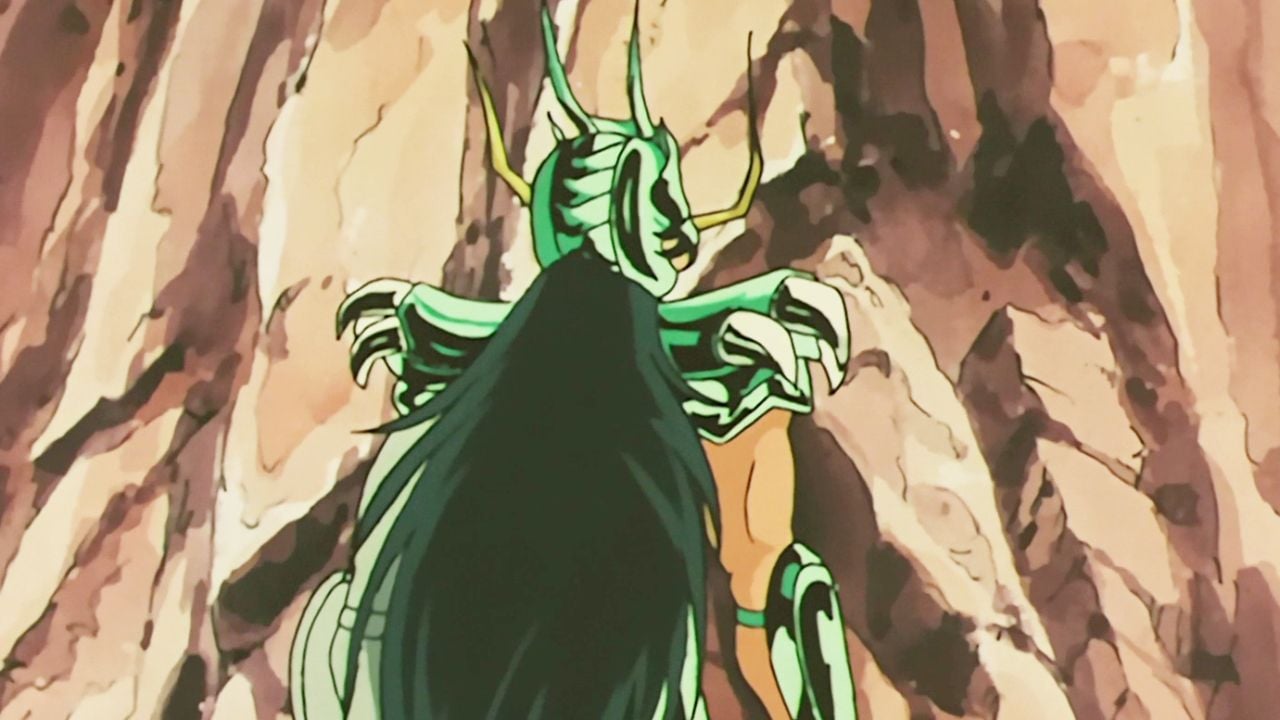For former ambassador Luiz Augusto de Castro Neves, in the globalized world, trade barriers are no longer an effective tool
Finished on American electionsWhat will the result mean in terms of the design of global politics and the economy? To talk about future paths, the Scenarios column Estadao invited the ambassador Luiz Augusto de Castro Nevescurrent president of the Business Council Brazil–Chinato analyze the next chapters of geopolitics.
Having held positions such as Brazilian ambassador to Uruguay, China and Japan and secretary general of the Ministry of Foreign Affairs, among other positions in Itamaraty, Castro Neves believes that “today we are experiencing a transition of the international order”, which has as one of the very pillars of China’s emergence. “Brazil, which aspires to be a global player, has the great challenge of examining and monitoring, without this transition negatively impacting the country.”
Unlike what happened during the Cold War, in the clash between the United States and Russia, the United States and China are interconnected umbilically, making predictions difficult. Are those who take risks destined to make mistakes? “Former minister Pedro Malan has already said that it is dangerous to make predictions about the past, even more so about the future”, avoids the diplomat. Below are some excerpts from the conversation.
What can be considered a fact in the economic field?
The center of gravity of the world economy has partly shifted from the North Atlantic to Asia. They are growing at rates higher than those of the Western world. Every transition is marked by instability while the contours of a new order are not yet well defined. It is a great challenge to have a strategic vision to know how Brazil will fit into this new plan.
Are we at risk of a third world war?
Only if there is an accident along the way. The Cold War, which we experienced in the second half of the last century, and the (picture) that we are seeing (now) have a big difference. In the Cold War there was a zero-sum game, the gains of the West corresponded to the losses of the socialist world and vice versa. Cuba’s entry into the socialist world was a defeat for the United States. The end of the Soviet Union was a victory for the United States and the Western world. Today, the emerging polarization between the United States and China is not a zero-sum game. China and the United States have extensive cooperation, are part of many common value chains, Americans are the largest foreign investors in China, and China is one of the most important investors in the United States. This suggests that sooner or later these two superpowers will reach some sort of agreement.
But didn’t the world wars happen because of road accidents?
It was a road accident that triggered the First World War. And some also think that, to some extent, it was the lack of European worldview in the interwar period that created the conditions for the outbreak of the Second World War. But, because today there is this clearer perception and the fact that the opposition between the United States and China is not a zero-sum game, there is always the prospect that they will reach some kind of agreement and introduce a new order that has more stability, despite the attempt, let’s say, at deglobalization so far limited to sectors directly focused on national security.
What about the protectionism that is taking place around the world?
It must be measured by the degree and extent of protection. In the globalized world, protectionism is no longer an effective tool. The national development model that had some success in the 1950s and 1960s has lost its effectiveness. Today, using protectionism as a tool to preserve domestic economic activity is a passport to failure and lack of competitiveness.
Like Mr. Hear Trump’s cry: “make America great again”? This new protectionist Europe? And what about Brazil, which has opened its economy very little?
We will stay out of this global game or we will do something. Deng Xiaoping (Chinese leader who governed from 1978 to 1992) and the Chinese of his time were those who best understood the nature of the globalization process as the internationalization of production processes. In Brazil we are experiencing the legitimate debate on neoindustrialization, so to speak. But the problem will not be solved by implementing protectionism. We must be competitive to enter international markets.
What can lead Brazil to change?
The clear perception of our elites, including the trade unions, is that this will lead nowhere. Brazilian cars were absolute wagons compared to those produced in their home countries. Yes, there has been progress, but we still have a lot of debt. We have labor legislation that creates privileges, but does not favor the creation of jobs. The Brazilian entrepreneur tries to save as much as possible in terms of labor due to costs. Brazil is a country with low wages and expensive labor.
What does this evolution depend on?
It depends on all of us, including the Three Powers. It depends above all on having a strategic vision of what we can be and how we want to be.
This is also an issue that has been discussed for many, many years. Have we evolved?
We have evolved, Brazil today has a relatively sophisticated economy, it is a middle-high income country. But it needs a long-term vision, and not just a spasm of the Brazilian economy generally linked to an expansion of the world economy. A colleague of mine said that Brazil always tends to identify the right strategic options, but only after testing all the wrong options. The great moment of the Brazilian economy was the Royal Plan.
Source: Terra
Rose James is a Gossipify movie and series reviewer known for her in-depth analysis and unique perspective on the latest releases. With a background in film studies, she provides engaging and informative reviews, and keeps readers up to date with industry trends and emerging talents.







